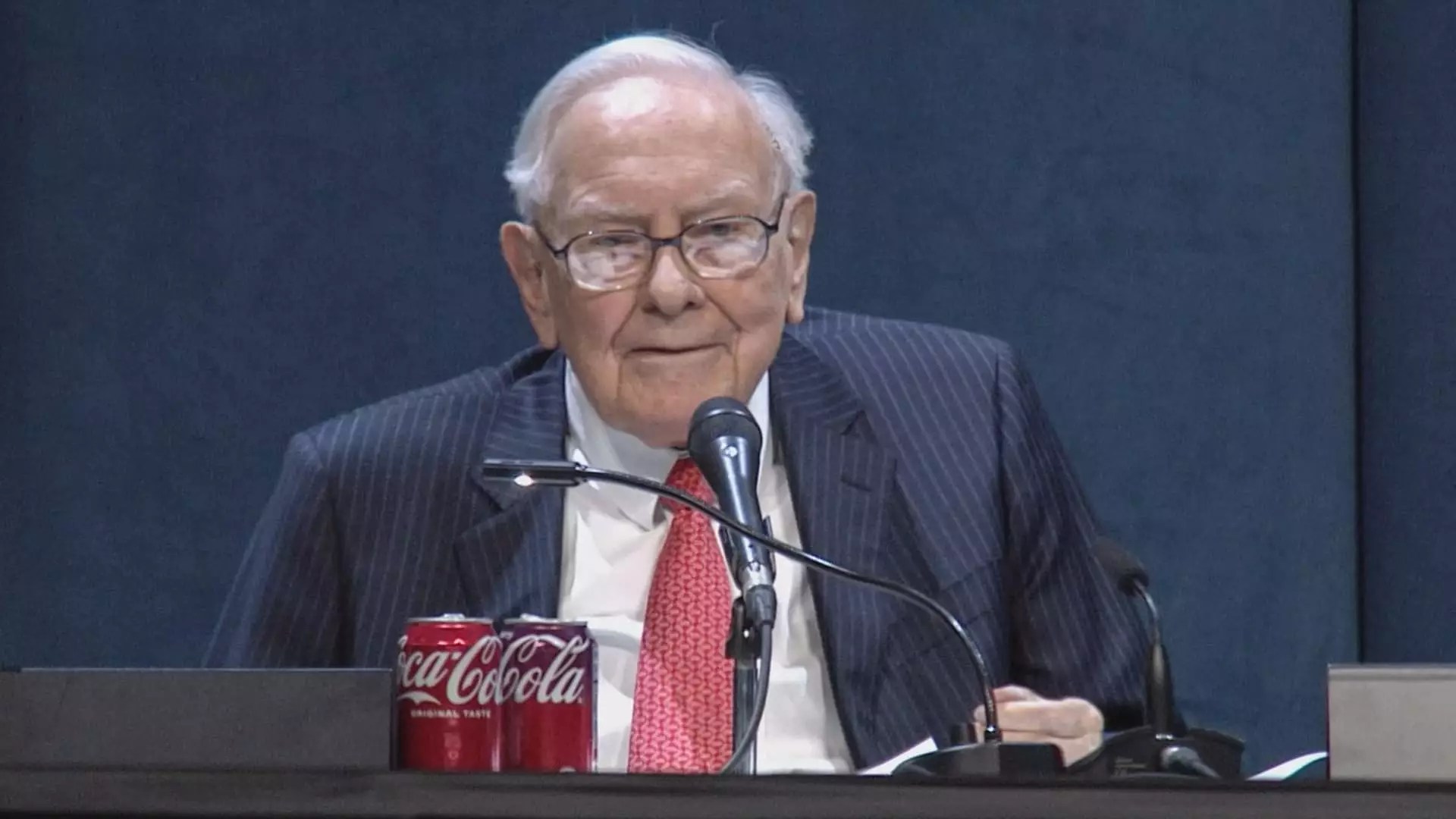Berkshire Hathaway’s recent earnings report paints a picture of a conglomerate teetering on the edge of economic instability. Despite boasting a formidable $11.16 billion in operating profit for the second quarter, a decline of 4% from the previous year signals more than just seasonal fluctuations. It exposes the underlying vulnerabilities of a business empire that once thrived on diversification but now faces the harsh realities of geopolitical turmoil. The optimistic narrative of steady growth masks the creeping threat posed by US tariffs, which have begun to undermine core segments such as insurance and manufacturing. The assumption that a diversified portfolio would shield the conglomerate from such external shocks is increasingly dubious, exposing an overreliance on past stability rather than adaptive resilience.
The Tariff Trap and Business Uncertainty
Berkshire’s blunt warning about the unpredictable fallout from escalating tariffs underscores a larger flaw in the current economic paradigm. While the markets may have initially brushed off these trade tensions as temporary hurdles, Berkshire’s cautious tone reveals a sobering shift towards recognition of long-term damage. The company explicitly links future uncertainties to international trade tensions, suggesting that the economic gains of years past may soon be eclipsed by mounting geopolitical hostilities. For a conglomerate like Berkshire, which has famously relied on patience and prudence, this signals a need to reassess assumptions about economic stability. Instead of being insulated, corporations like Berkshire are increasingly vulnerable to policies driven by political agendas, not economic logic.
Leadership Transition and the Illusion of Continuity
Adding to the uncertainty is Berkshire’s impending leadership change—an event that might seem procedural but is deeply symbolic. Warren Buffett’s announcement to step down as CEO at the end of 2025 marks the end of an era rooted in his legendary stewardship. Yet, despite his age and health concerns, Buffett remains a towering figure—an anchor of credibility and cautious optimism. His successor, Greg Abel, inherits a company precariously balancing resilience with vulnerability. The transition raises questions about the future strategic direction—will the new leadership confront the economic headwinds with the same prudence, or will they accelerate a shift towards more aggressive positioning? The truth is, even the most seasoned managers cannot fully prepare for a world where tariffs and trade wars threaten to dismantle the assumptions of free-market operation.
The Myth of Cash Reserves as a Protective Shield
Berkshire’s massive cash pile—around $344.1 billion—suggests a fortress of financial security. But in a landscape marred by unpredictable government policies and international disputes, cash does not equate to invincibility. Buffett’s decision not to buy back shares in the first half of 2025, despite a sharp drop in their market value, indicates a cautious stance. Yet, it also raises doubts about Berkshire’s capacity to respond swiftly to emerging opportunities or shield itself from prolonged economic downturns. Cash might offer temporary comfort, but it cannot substitute for agility in navigating an environment marred by constant policy shocks and market volatility. In fact, a focus on liquidity rather than innovation or strategic restructuring could leave Berkshire ill-prepared for the economic challenges ahead.
The Fragile Promise of Market Leadership
Berkshire Hathaway’s resilience has historically been rooted in Buffett’s formidable reputation and conservative investment philosophy. However, these qualities are increasingly tested by external forces beyond their control. The company’s reluctance or inability to engage in stock repurchases during turbulent times suggests a recognition of the underlying risks, though it also reveals a hesitance to capitalize on market dips. The broader implication is clear: even industry giants are not immune to the destabilizing effects of trade wars and shifting political climates. While Berkshire may appear to weather the storm today, its foundational confidence in free trade and steady economic growth is fundamentally compromised, forcing us to question whether its future champions will be as resilient as their legacy suggests.


Leave a Reply